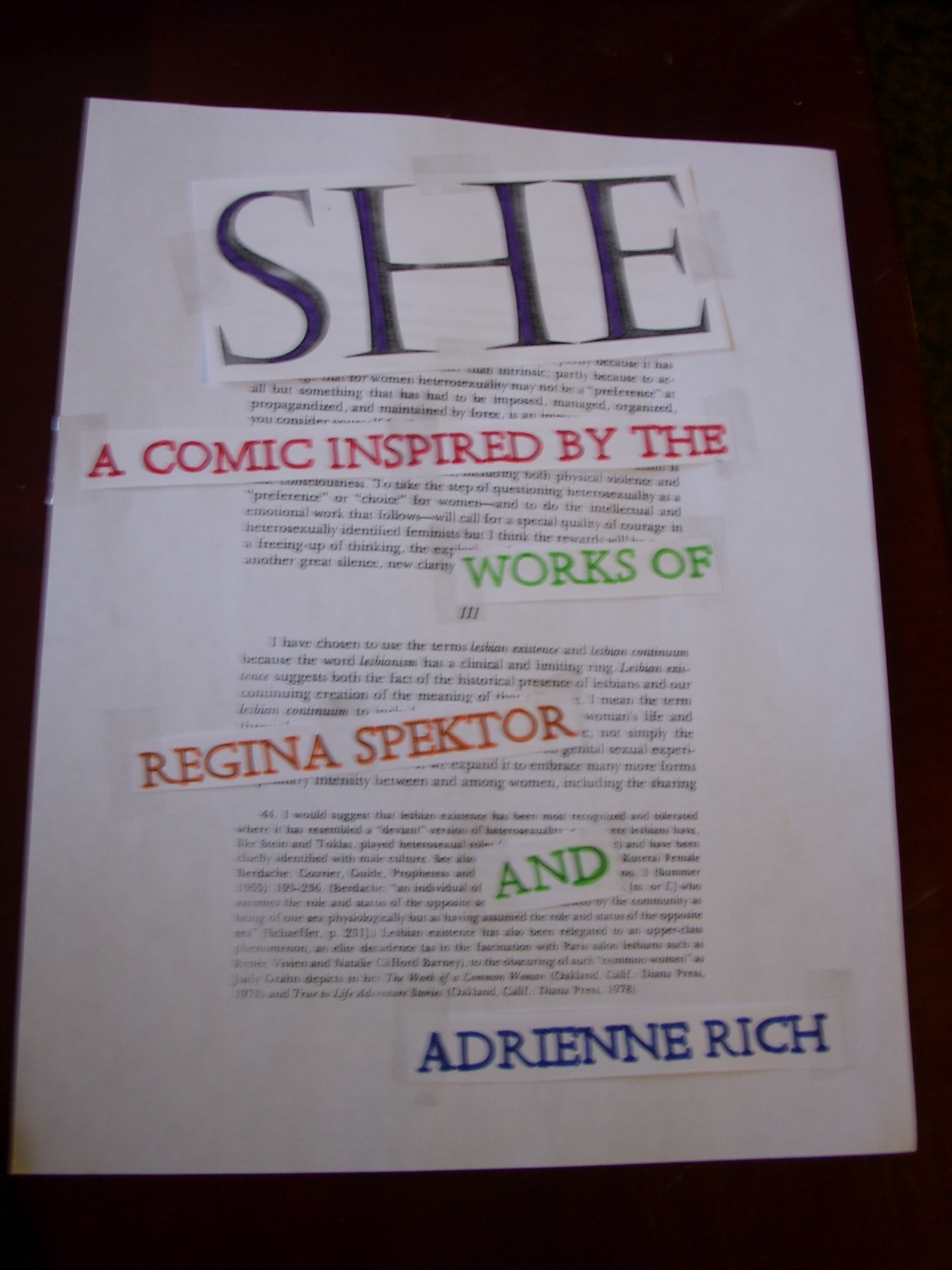Heads Up for Monday’s Panel
So: here’s what I’m thinking. That rather than continuing to lament the fact that this class is so (“too”) large, we should take advantage of the range that our size affords us. And that technology gives us quite a few means to manage the largeness, to actually profit from it.
So here’s my plan for Monday. If you’re on the panel, please post on-line before class the “story” of the group you have been studying: give us a sense of who they are, and exactly why you have chosen to showcase them. In particular, tell us why you think that their experience offers a useful contribution to the questions about “engendering technology” that we are looking @ this month.
Then, when we gather on Monday afternoon, I will foment (among your audience) a range of more general questions. Warning: I’m coming again as the somewhat controversial anthropologist Margaret Mead, and–as facilitator–am NOT planning on making sure that everyone gets “equal time” or an opportunity to speak. What I’ll be doing, instead, is try to generate an interesting conversation–> with the hope that each of you will do your best to contribute to the enterprise of pursuing those lines of thought that seem most generative.
Here are the sorts of questions you might prepare to speak to (all are taken from the blog, and others are sure to arise there….):
- how bent, how straight is gender performance in your group? what does technology contribute to whatever ambiguity (or lack of it) that exists? To what degree has technology “taught your group how to become ‘properly gendered subjects'”? (this question from Sugar Spice’s film studies class….)
- to what degree has the experience of your group exemplified the condition Susan Stryker describes: “’body as technology,’ flesh as a medium, with all identifications technologized, and the location of the body indistinguishable from technology, from instrumentalized means”?
- to what degree is the gender performance in your group the “peformance of a machine” (this question from Hannah, telephone operative). What qualities do humans and machines share in the workplaces you have studied? Are people gendered as machines? Are machines gendered as people?
- what has been the impact of social networking and technophilia on the human mental and physical health of your group? To what degree has your group been prepared to become cyborgs? (These questions from Alexandra.)
- to what degree–and in what ways–has the technology used by your group altered over time? (This question from Melinda, aka Adrienne Rich, in whose hands feminist poetry underwent a huge transformation.)
- to what degree–and in what ways–does “affinity group” (rather than “identity group”) work as a description the group you have studied? (This question from Natasha, who got me thinking of “gender” (defined in our first class session as “kind”) as a form of “kin,” of family resemblance.
- how would you describe the distinctions made between male and female in your culture (from Melanie/my evening w/ Eli Clare): is it a crack or a chasm?)
- (from ditto:) what have the thieves stolen from your group? how have they reclaimed their bodies? what has technology taken away and/or restored to them?
- (from Maddie): what thoughts are in your head? who put them there? (& what does technology have to do with this process?)
- (from Roldine): do the members of your group “choose to identify on the gender continuum”? Do you think that their doing so “perpetuates the cycle of oppression”?
Etc, etc, etc….
Comments are closed.

I should say that I would like to follow Anne’s model as well on Wednesday. I was uncomfortable having to abruptly turn the conversation to allow everyone to speak. I think we should take the opportunity to speak online and plus, it will help us all make more informed and complex questions that will lead to good conversations.